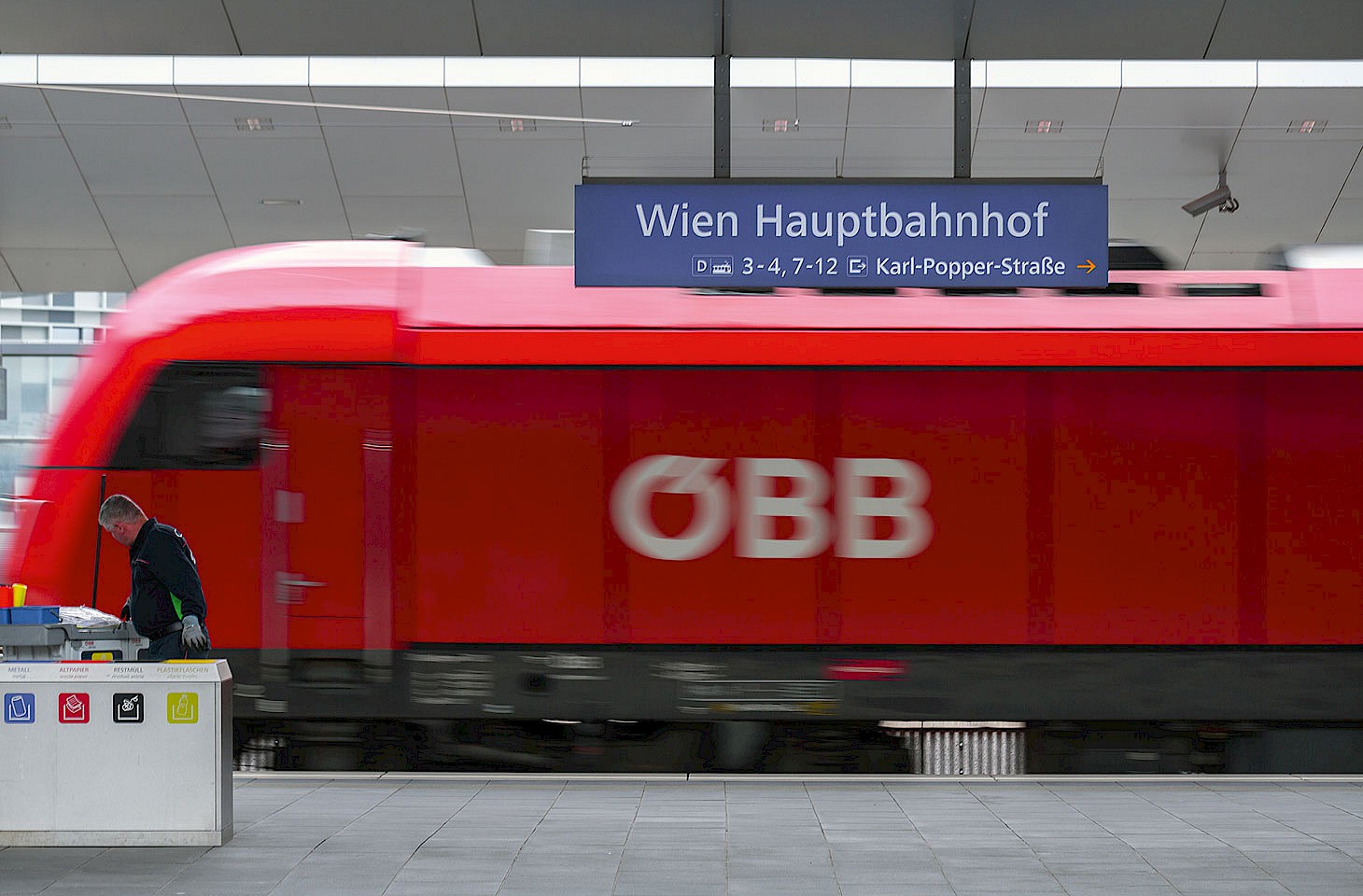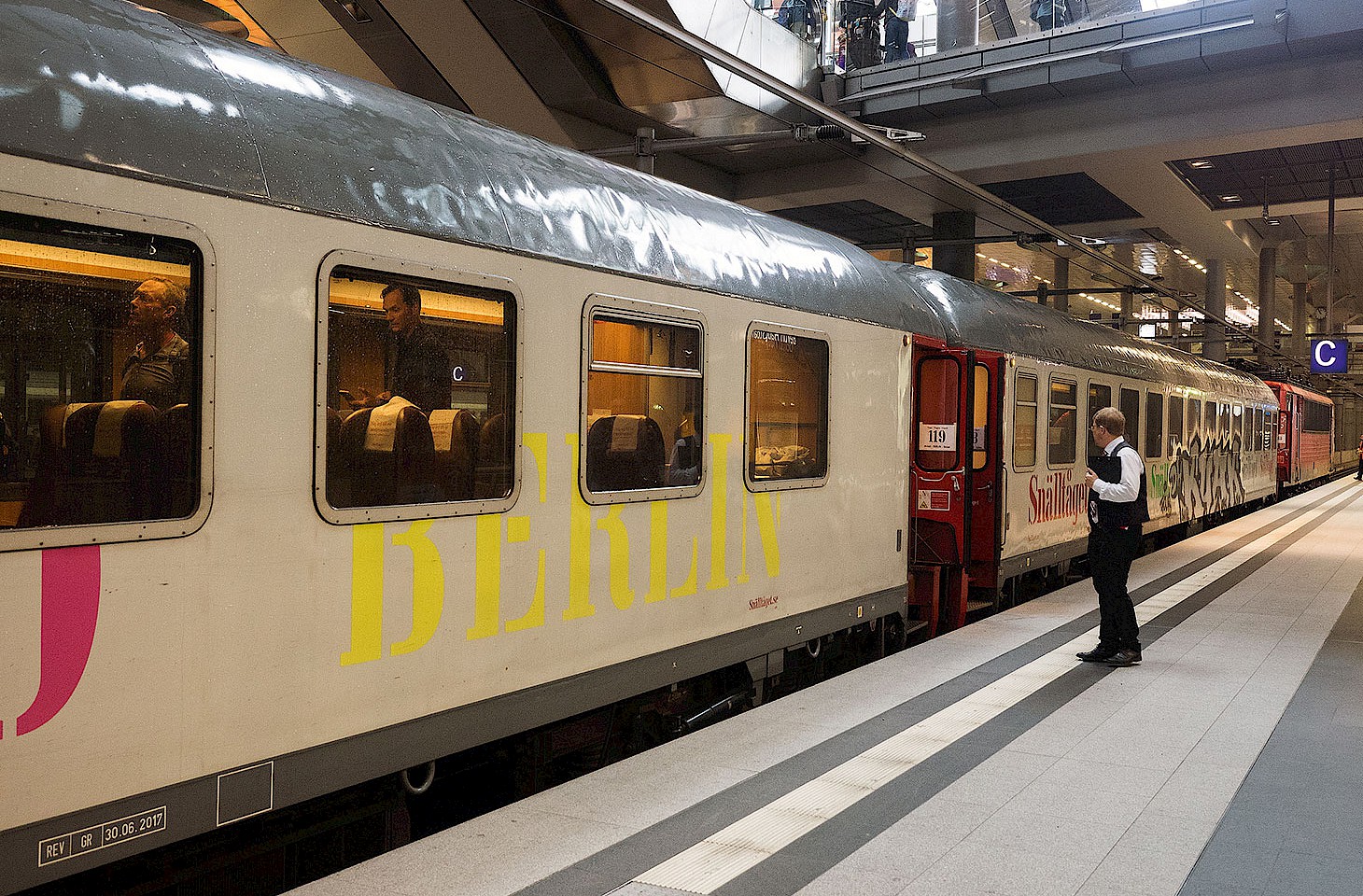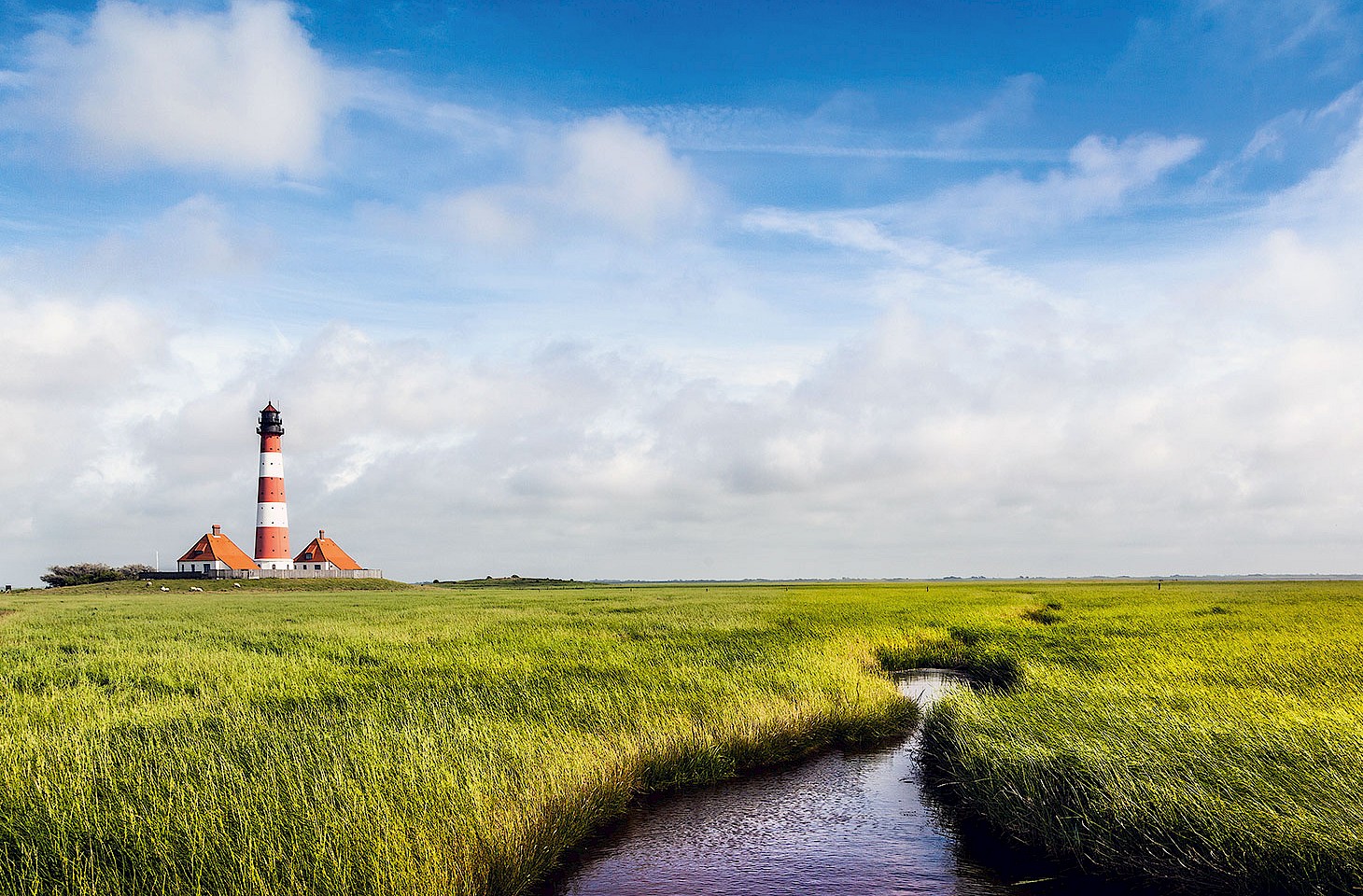There has been a intriguing debate rumbling on in Potsdam (Germany) these past weeks which nicely captures the dilemmas associated with heritage and conservation.
We have been following events in Potsdam's Russian community. Just north of the historic and very attractive town centre is the community of Alexandrowka, a classic Russian-style village. It has a curious history. It was built in the early nineteenth century for a Russian choir that sung to order at the Prussian court. Alexandrowka happens to be a rather nice spot. So we were the first to cheer when it added to the UNESCO World Heritage List.
Potsdam, like nearby Berlin, is very lucky to have a rich network of links, both historical and modern, with Russia. There are thriving, vibrant Russian communities in both cities today. That's the beauty of Alexandrowka - it captures two centuries of Russian settlement in Potsdam. There also is a fine Orthodox church at Alexandrowka. Archpriest Anatolij Koljada lives in a Russian style blockhouse beside the church and presides over the liturgical life of not just the Alexandrowka colony but also the 3000 Russians who today live in Potsdam.
Koljada is keen to see a new Russian community centre built near the church. The Potsdam authorities have declined the request, invoking the UNESCO World Heritage status as grounds for refusing building permission. A quaint fragment of Russia on display abets the agenda of the municipal authorities in Potsdam, who are anxious to promote tourism to the city. But having a real, living Russian community is something of an inconvenience. Anatolij Koljada is determined to press the case for the community centre, arguing (correctly we think) that the preservation of cultural heritage should not necessarily preclude the continuing development of those communities that are the targets of such conservation initiatives.
Nicky Gardner and Susanne Kries
(hidden europe)




